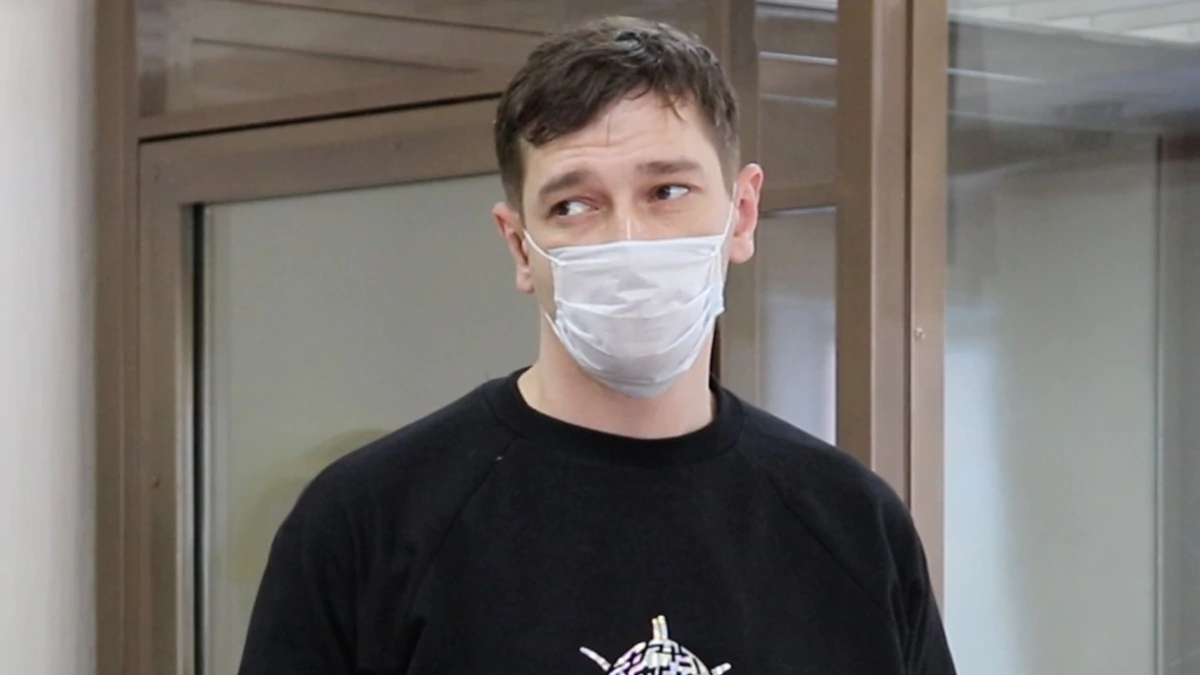
A Moscow court has upheld a ruling placing Oleg Navalny, the brother of jailed opposition politician Aleksei Navalny, under house arrest.
The Moscow City Court on February 18 rejected Oleg Navalny’s appeal against a lower court decision to place him under house arrest on charges of breaking coronavirus restrictions by publicly calling on Moscow residents to take part in unsanctioned rallies to protest his brother’s arrest.
Oleg Navalny is one of 10 supporters and associates of Navalny who were detained in January on the eve of unsanctioned mass rallies against the Kremlin critic’s arrest.
The others include Lyubov Sobol, a lawyer of Navalny’s Anti-Corruption Foundation, Anastasia Vasilyeva, the chief of Physicians’ Alliance NGO, Maria Alyokhina, a leading member of the Pussy Riot protest group, Oleg Stepanov, a coordinator of Navalny’s team in Moscow, Navalny’s spokeswoman Kira Yarmysh, activist Nikolai Lyaskin, and three municipal lawmakers — Lyusya Shtein, Konstantin Yankauskas, and Dmitry Baranovsky.
The majority were placed under house arrest and charged with violating sanitary and epidemiological safety precautions during a pandemic. If found guilty of the charges, each faces up to two years in prison.
On February 8, the Memorial Human Rights Center in Moscow recognized the group as political prisoners.
A day earlier, more than 100 Russian actors, directors, writers, musicians, poets, and scholars issued an open letter, protesting Navalny’s persecution and the mass arrests of his supporters in recent weeks.
Navalny. 44, was taken into custody on January 17 after returning to Russia from Germany where he was treated for a nerve-agent poisoning that he says was ordered by Russian President Vladimir Putin, which the Kremlin has denied.
More than 10,000 people were rounded up by police during nationwide rallies protesting Navalny’s arrest in more than 100 Russian towns and cities on January 23 and January 31.
On February 2, Navalny was found guilty of violating the terms of his suspended sentence relating to an embezzlement case that he has called politically motivated. The court converted the sentence to 3 1/2 years in prison. Given credit for time already spent in detention, the court said the Kremlin critic would have to serve 2 years and 8 months behind bars.
The court’s ruling caused new protests across the country that were also violently dispersed by police.
More than 1,400 people were detained by police in Moscow, St. Petersburg and other Russian cities on that day.